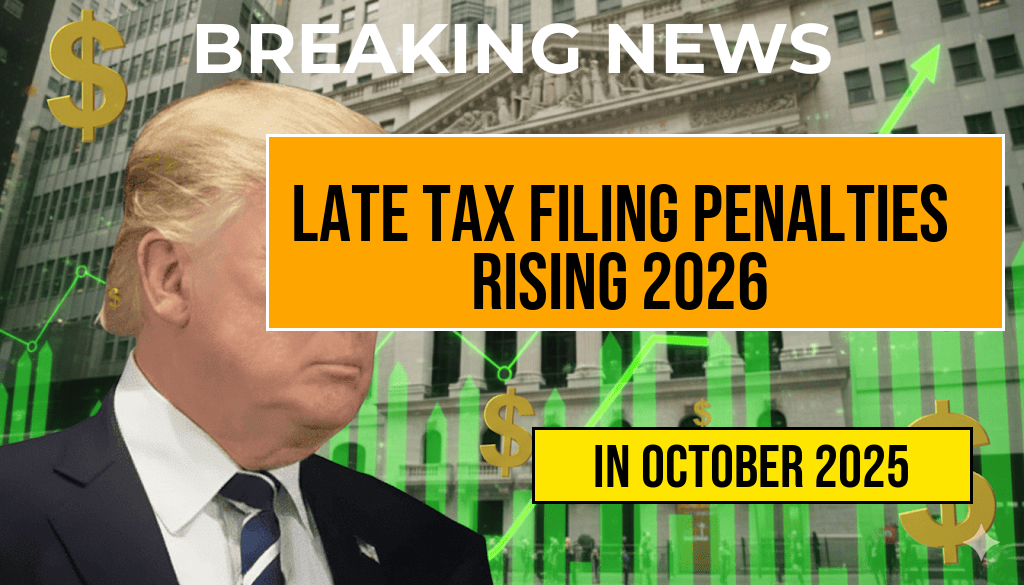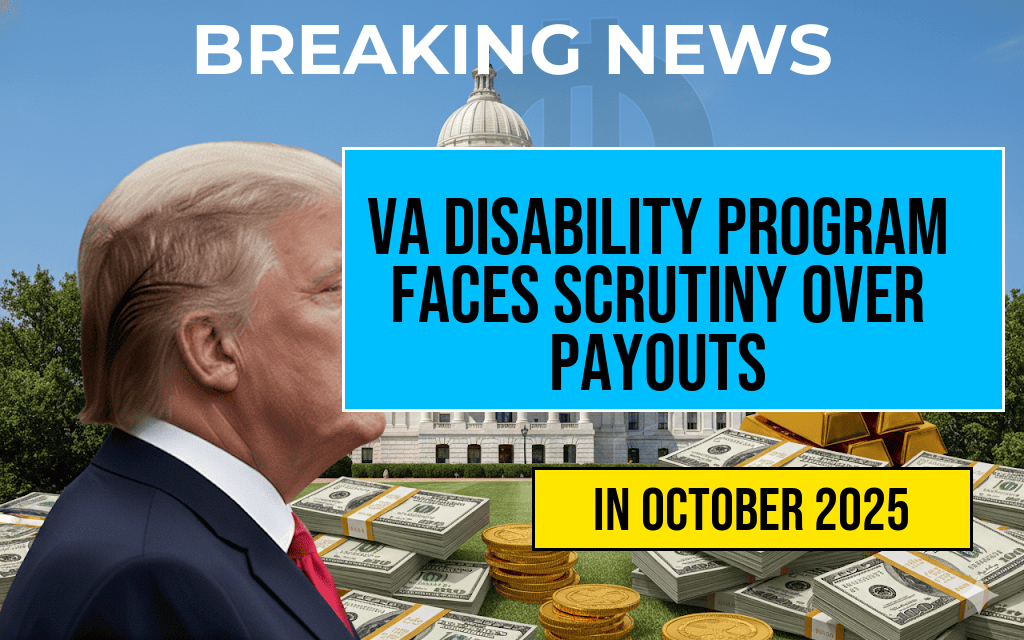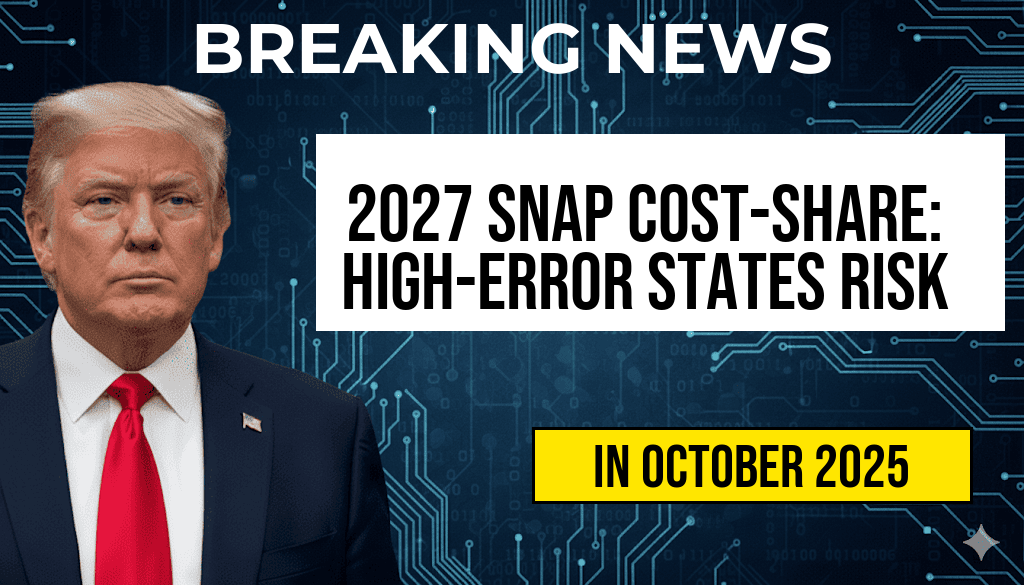Starting in 2026, taxpayers who file their federal income tax returns late can expect to face significantly higher penalties, with fines potentially increasing by hundreds of dollars. The Internal Revenue Service (IRS) announced these changes as part of a broader effort to encourage timely compliance and streamline the tax collection process. The adjustments come in the wake of ongoing discussions about the fairness of the current penalty structure, which some argue has not kept pace with inflation or the evolving financial landscape. As the deadline approaches, taxpayers are urged to familiarize themselves with the impending changes to avoid unnecessary financial burdens.
Understanding the New Penalty Structure
The IRS has outlined a revised penalty system that will impact individuals and businesses alike. Currently, the penalty for late tax filings is set at 5% of the unpaid taxes for each month the return is late, up to a maximum of 25%. However, this rate will be adjusted to reflect current economic conditions.
Details of the Increased Penalties
- Current Penalty Structure: 5% per month on unpaid taxes, capped at 25%.
- Proposed Changes: Penalties will increase to 7% per month, with a new cap of 35%.
- Minimum Penalty: The minimum failure-to-file penalty will rise from $210 to $500.
Experts predict that these changes will lead to an average increase in penalties of approximately $300 for late filers, adding an extra layer of urgency for taxpayers to adhere to the filing deadlines.
Reasons Behind the Adjustment
The IRS cites several key factors driving the need for increased penalties. One significant reason is the growing number of taxpayers who fail to file returns on time. In 2022, the IRS reported that nearly 14 million taxpayers had not filed their returns by the deadline, a trend that has been rising steadily over the past decade. The agency aims to discourage this behavior through more substantial financial repercussions.
Impact on Taxpayers
The forthcoming changes are likely to have a ripple effect across various demographics, with some groups feeling the effects more acutely than others. Low-income taxpayers, who may already struggle to make ends meet, could be disproportionately affected by these penalties.
- Low-Income Families: Increased penalties could exacerbate financial hardships for those already facing economic challenges.
- Small Business Owners: Small businesses that may encounter cash flow issues during tax season could be more vulnerable to these penalties.
- Middle-Class Taxpayers: Many middle-class families who live paycheck to paycheck may find themselves in precarious situations if they miss filing deadlines.
What Taxpayers Can Do
As the 2026 deadline approaches, taxpayers are encouraged to take proactive steps to avoid late penalties. Here are a few recommendations:
- Plan Ahead: Start organizing financial documents early to ensure a smooth filing process.
- Consider Professional Help: Hiring a tax professional can help navigate complex tax situations.
- Utilize IRS Resources: The IRS offers tools and resources on its website to assist taxpayers in understanding their obligations. Visit IRS.gov for more information.
Conclusion
As taxpayers prepare for the upcoming changes in tax penalties, it is essential to stay informed and take steps to mitigate risks associated with late filings. The increased penalties set to take effect in 2026 represent a significant shift in the tax landscape, underscoring the importance of timely compliance. For further details on the proposed changes and their implications, taxpayers can refer to reliable sources such as Forbes or Wikipedia.
Frequently Asked Questions
What are the new penalties for late tax filings in 2026?
The new penalties for late tax filings in 2026 are expected to increase significantly, potentially by hundreds of dollars compared to current rates.
Why are penalties for late tax filings increasing?
The increase in penalties is part of an effort to encourage timely compliance with tax obligations and to address the growing number of late submissions.
How will these changes impact taxpayers?
Taxpayers may face higher costs if they file their taxes late, leading to increased financial burdens for those who cannot meet the filing deadlines.
When do the new penalties take effect?
The new penalties for late tax filings will take effect in 2026, providing taxpayers some time to prepare for these changes.
What should taxpayers do to avoid these penalties?
To avoid the increased penalties, taxpayers should ensure they file their returns on time and consider seeking assistance if they anticipate difficulties in meeting deadlines.








